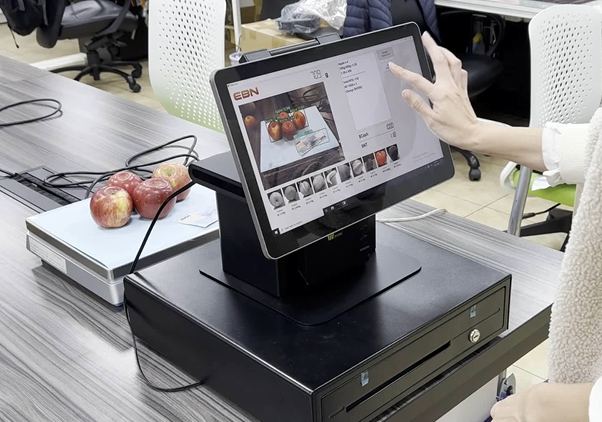Product search
Quality

ISO, the International Organization for Standardization, is an independent, non-governmental organization, the members of which are the standards organization of the 164 member countries. It is the world's largest developer of voluntary international standards and facilitates world trade by providing common standards between nations. Nearly twenty thousand standards have been set covering everything from manufactured products and technology to food safety, agriculture and healthcare.
Use of the standards aids in the creation of products and services that are safe, reliable and of good quality. The standards help businesses increase productivity while minimizing errors and waste. By enabling products from different markets to be directly compared, they facilitate companies in entering new markets and assist in the development of global trade on a fair basis. The standards also serve to safeguard consumers and the end-users of products and services, ensuring that certified products conform to the minimum standards set internationally.

The Restriction of Hazardous Substances Directive 2002/95/EC, short for Directive on the restriction of the use of certain hazardous substances in electrical and electronic equipment, was adopted in February 2003 by the European Union. The RoHS 1 directive took effect on 1 July 2006, and is required to be enforced and become law in each member state. This directive restricts (with exceptions) the use of six hazardous materials in the manufacture of various types of electronic and electrical equipment. It is closely linked with the Waste Electrical and Electronic Equipment Directive (WEEE) 2002/96/EC which sets collection, recycling and recovery targets for electrical goods and is part of a legislative initiative to solve the problem of huge amounts of toxic e-waste.

Electronic waste or e-waste describes discarded electrical or electronic devices. Used electronics which are destined for reuse, resale, salvage, recycling or disposal are also considered e-waste. Informal processing of electronic waste in developing countries may cause serious health and pollution problems, as these countries have limited regulatory oversight of e-waste processing.
Electronic scrap components, such as CRTs, may contain contaminants such as lead, cadmium, beryllium, or brominate flame retardants. Even in developed countries recycling and disposal of e-waste may involve significant risk to workers and communities and great care must be taken to avoid unsafe exposure in recycling operations and leaking of materials such as heavy metals.from landfills and incinerator ashes.
 繁體中文
繁體中文
 English
English
 日本語
日本語







